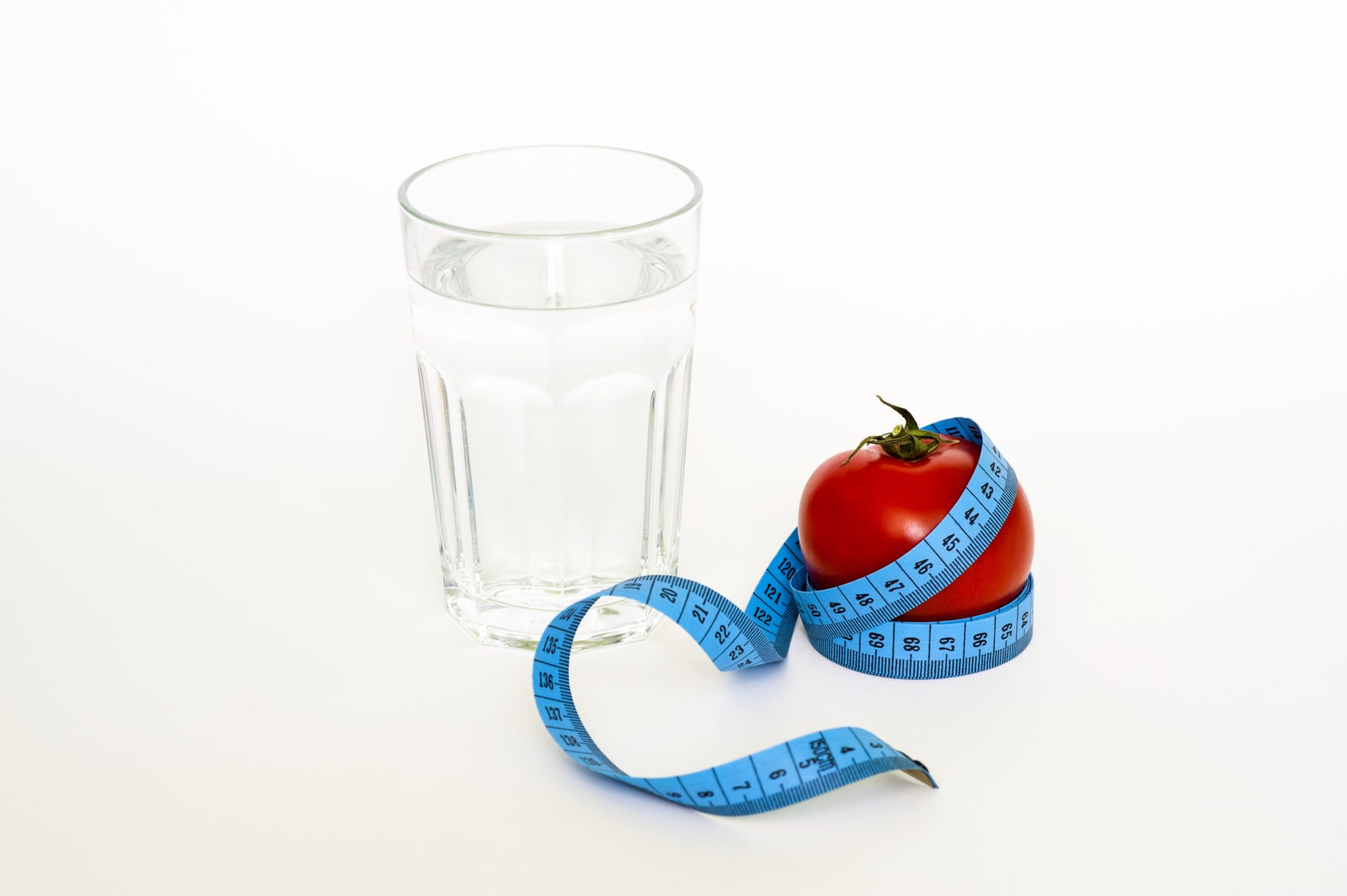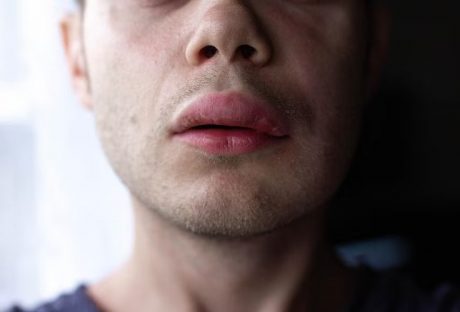Are your large breasts causing you embarrassment? Do you feel like sometimes, they’re all that people see when they look at you?
Do you often wake up with constant pain and tension in your back and shoulders — and suspect that you’re dealing with back pain from breasts that are larger than average?
If so, then it’s likely that you’ve already considered getting a breast reduction for back pain and for cosmetic purposes.
But what are some of the other reasons for breast reduction surgery, and is it right for you?
7 Important Reasons for Breast Reduction Surgery
Keep on reading this post to find out — and learn how to get the body you’ve always wanted.
1. You’re Tired of Back Pain:
As you’ve likely expected, one of the most popular reasons for breast reduction surgery is due to back pain from breasts that are especially large.
In general, women whose breasts are larger than a D cup experience moderate to severe heavy breast pain on an almost daily basis. This can make it difficult to sleep, walk around or exercises for long periods of time, or just lead to general discomfort.
This is because the weight of your breasts pulls your body forward constantly — and the muscles throughout the rest of your body often aren’t strong enough to support the heavyweight of your breasts.
In some cases, this can cause not only serious back pain, but even issues with your spine. This is because, over time, your breasts will impact the curvature of your spine — making your posture even worse and giving you a hunchback look.
If back pain from large breasts is a familiar condition to you, then you’ve likely already tried several different remedies.
You’ve been fitted for “the right” bra more times than you can count. You’ve tried to lose weight, hoping that the weight loss will also trickle down to your breasts. You’ve even taken pain relievers like aspirin in order to combat the tension and pain.
However, if you’re on the hunt for a permanent solution to the agony, a breast reduction for back pain is likely your best option.
2. You’ll Avoid Skin Discoloration:
One of the worst parts of having a large breast problem?
In addition to heavy breast pain in your chest and your back, you’ve likely also noticed some serious breast discoloration. Though women with breasts of any size can develop discoloration in the breasts (especially underneath them) women with big breasts are at a higher risk.
So, what is it?
Usually, it’s actually a rash that’s formed up underneath the folds of your skin. This can happen because of heat and sweat, or simply because the skin has rubbed on the skin for too long.
For some people, the rash can be red with small bumps. Others may notice that the skin around, on, and underneath their breasts is a much darker shade than the rest of their skin tone.
In other cases, you may even start to notice that you have sores underneath your breasts, especially if you also know that you’re wearing the wrong bra size. These sores will only get worse over time.
Don’t wait until you develop scarring.
Visit the Allure Plastic Surgery website to learn more about the different options and reasons for breast reduction surgery today.
3. You Want to Switch up your Wardrobe:
Not all of the reasons for breast reduction surgery have to do with health and medical reasons or treating heavy breast pain.
Sometimes, you just want to feel like you can wear what you want to without having to worry about how the size of your breasts will impact the way the clothes fit you.
We know that you’re definitely tired of having to buy shirts in sizes that are way too big for you, just so that the top will fit over your breasts. You’re also tired of heading to the tailor (another added expense of a larger breast size) or wearing clothes that make you look larger than you really are.
When you’re ready to wear flattering and form-fitting clothing with lower necklines without wondering if people are staring, it’s time to consider getting breast reduction surgery.
Of course, your outerwear isn’t the only part of your wardrobe that you’ll be able to seriously upgrade once you’ve had the surgery.
When you’re ready to wear cuter, skimpier, and definitely sexier lingerie, having a more manageable breast size will allow you to do just that.
You can kiss full coverage bras with uncomfortable underwire goodbye. You’ll be able to buy bras and negligees in more shades than just nude, black, or white. Instead, you can embrace demi cups, fun colors, and lots of lace!
We think your partner will definitely notice and appreciate the change as well.
4. Your Breast Size Impacts your Posture:
According to leading surgeons at Polaris plastic surgery, heavier breasts put a strain on different parts of the body. This includes the shoulders, chest muscles, hips, and spinal cord. The weight definitely makes a difference and reducing the same can help your body parts to manage the load better.
Have you noticed that, no matter how hard you try to sit up straight, the larger size of your breasts makes it difficult — even painful?
This happens because the weight of your breasts actually pulls your body forward. As a result, you’ll start to slump your shoulders and roll the upper part of your back at an awkward angle.
Whether you’re sitting or standing, you’ll often feel like you have a permanent case of computer neck. This can lead to tension in your shoulders and upper back area, as well as the potential of developing a pinched nerve.
The desire to improve your posture, for both health and cosmetic benefits, is one of the most common reasons for breast reduction surgery.
5. Working out Feels Impossible:
You’d love to hit the gym with your friends, take a yoga or pilates class, or just be able to go for a run in your local park on a beautiful day.
However, your large breast problem often makes that feel next to impossible.
First of all, the heavyweight of your swinging breasts can make workouts incredibly painful, not to mention much more challenging. You’re tired of having to wear multiple sports bras — and still not seeing much of a difference.
Additionally, you may deal with embarrassment about the size of your breasts while you work out.
Finally, depending on the types of workouts that you like to do, you may end up putting excessive strain on your back because of the weight of your breasts. This is especially common for women who do exercises that require them to get into the plank position, or who do high levels of cardio that include running and jumping.
Getting a breast reduction for back pain allows you to move more freely and feel less stressed and embarrassed while working out and eating right.
6. You’ll Avoid Sagging Breasts:
One of the most annoying large breast problems that you’re tired of having to deal with?
Sagging breasts that only seem to worsen with age.
Though dropping and drooping of the breasts are normal for women of any breast size, the process certainly speeds up — and is more noticeable — in those with larger breasts.
You may even have started to see that the overall shape of your breasts has changed.
Getting a reduction can help to change that.
7. You’ll Feel More Confident:
Of course, the most important reason for breast reduction surgery is because it will help you to learn to love yourself and to feel more confident.
As a person with larger breasts, we know that you’re tired of hearing jokes about your breast size. You may even wonder whether or not people are interested in or attracted to you as a person or just the size of your breasts.
You’ve noticed that you often hunch over so that your size is less noticeable, or wear clothing that allows you to “hide” your breast size.
The truth is that no one should feel like they have to live with this.
Getting a breast reduction won’t just help to eliminate pain and improve your posture.
It can also do wonders for your confidence.
The Reasons for Breast Reduction Surgery: Wrapping Things Up:
From eliminating the possibility of skin discoloration to helping you to feel more confident about the way you look, the top reasons for breast reduction surgery go far beyond just back pain from breasts.
Want to learn more about how to get a breast reduction? Looking to deepen your understanding of what the process will entail, and what you can expect the recovery period to look like?
We can help.
Be sure to check out our website and blog for access to more articles on a wide variety of cosmetic procedures and wellness techniques.
Make this the year that you start taking your life back into your own hands.
Read Also:























All Comments
effects of keto diet during pregnancy
Good post! We will be linking to this particularly great post on our site. Keep up the great writing